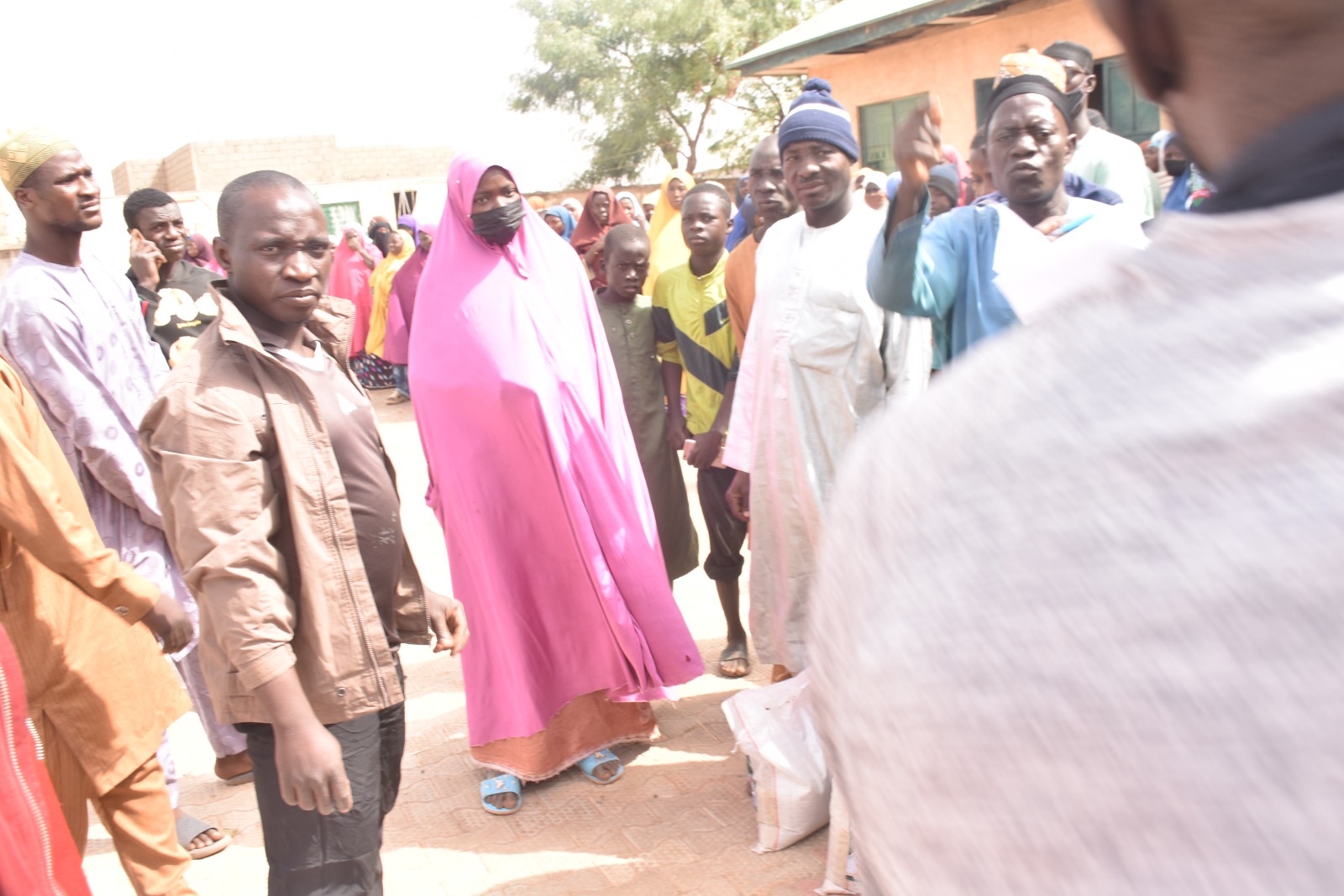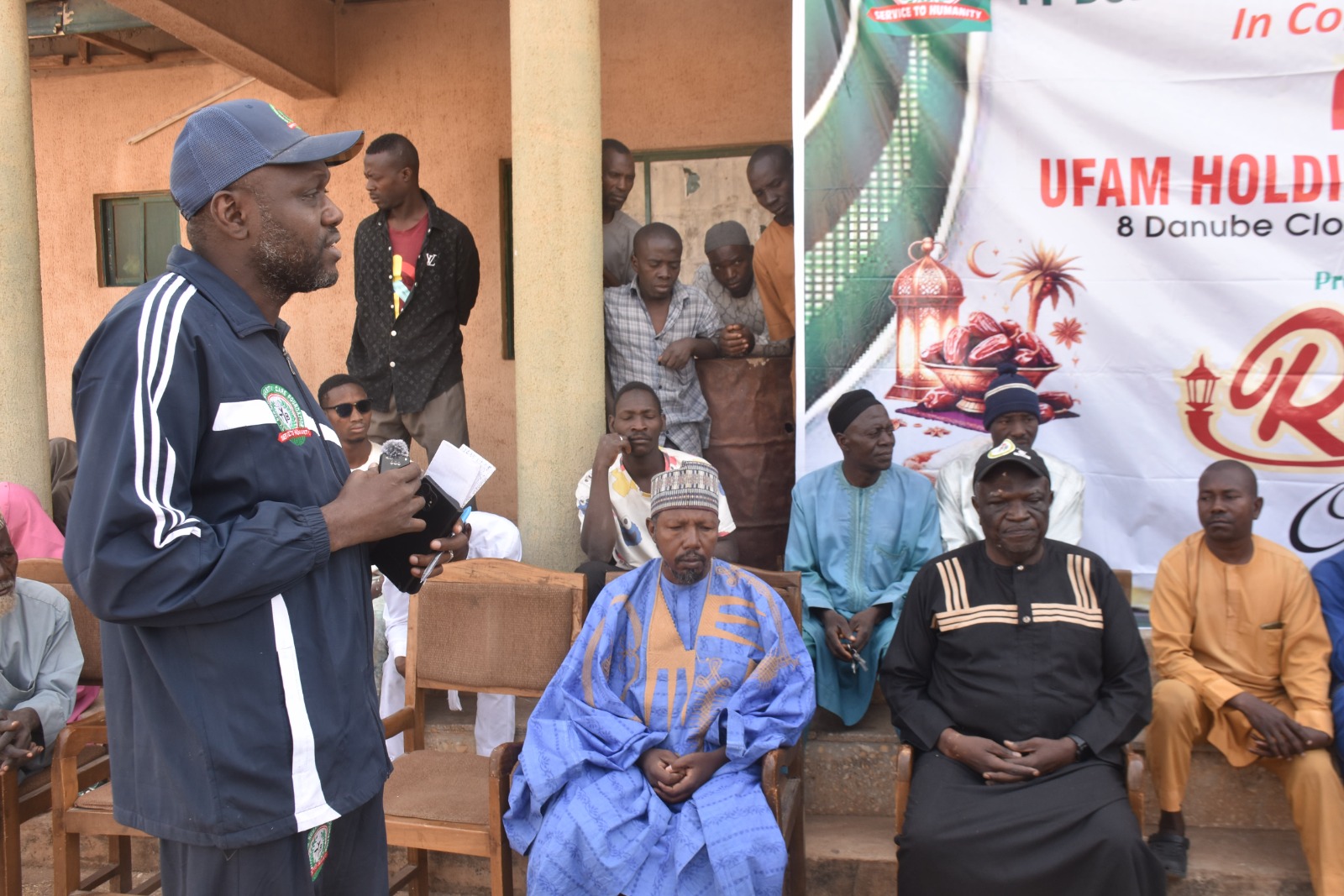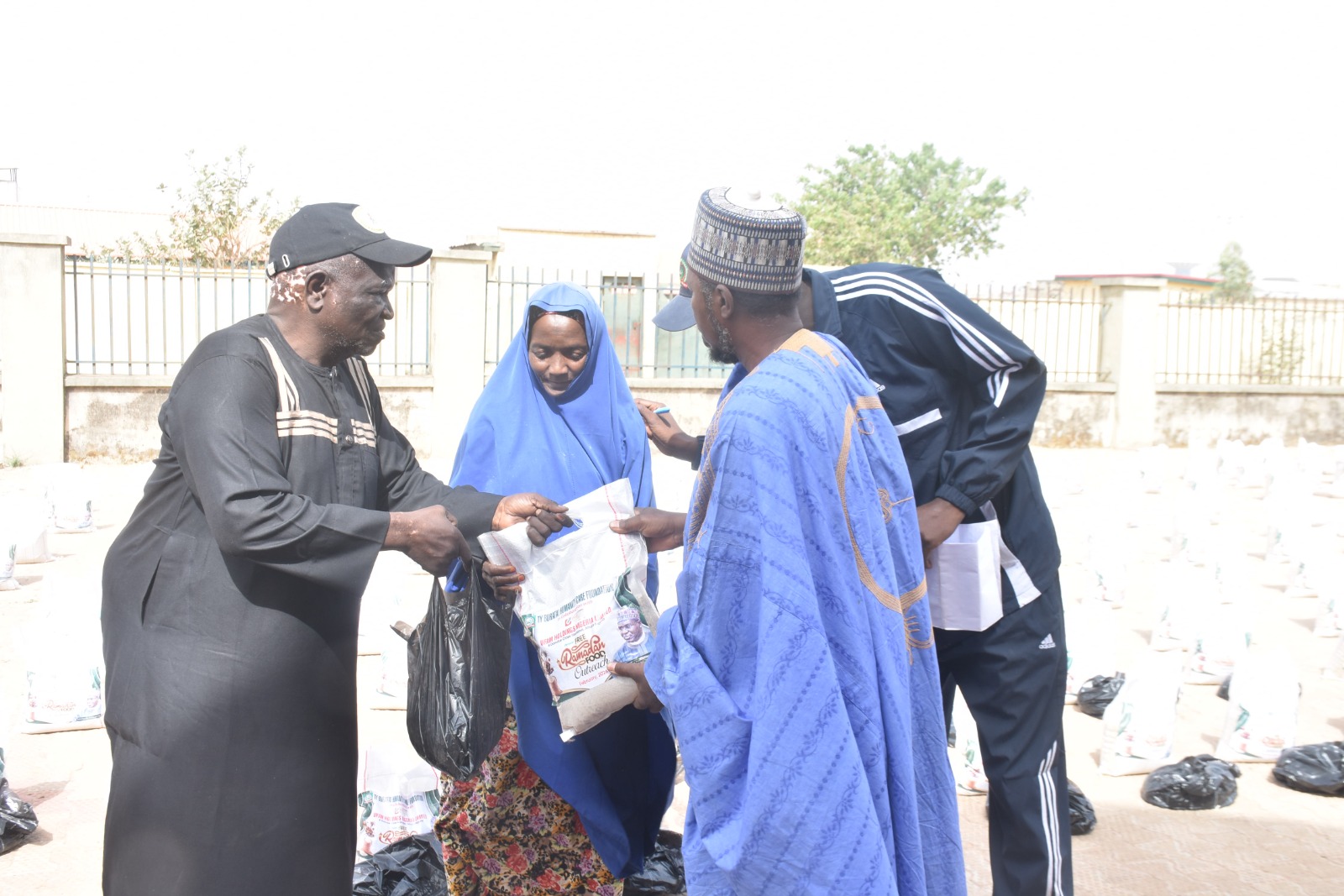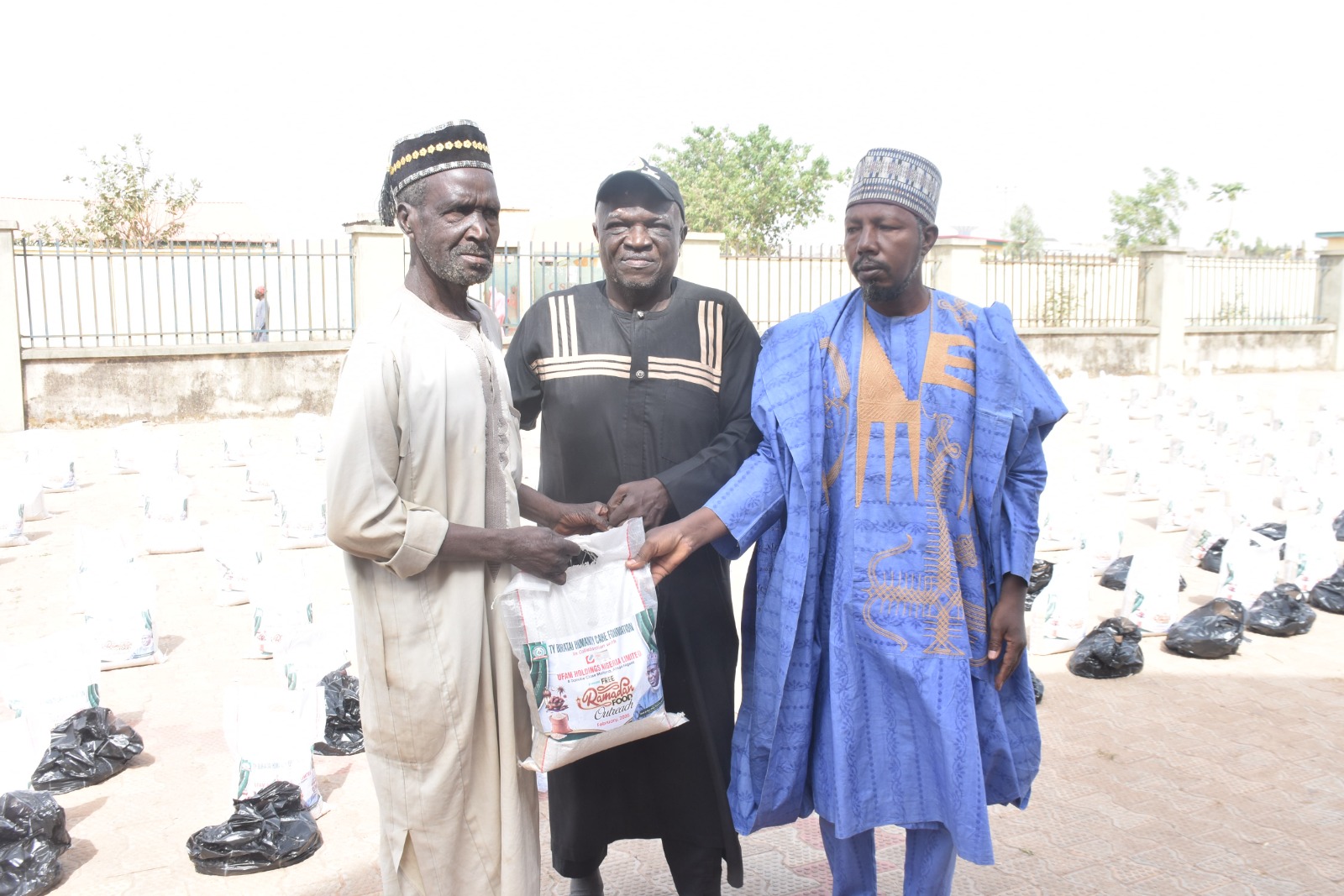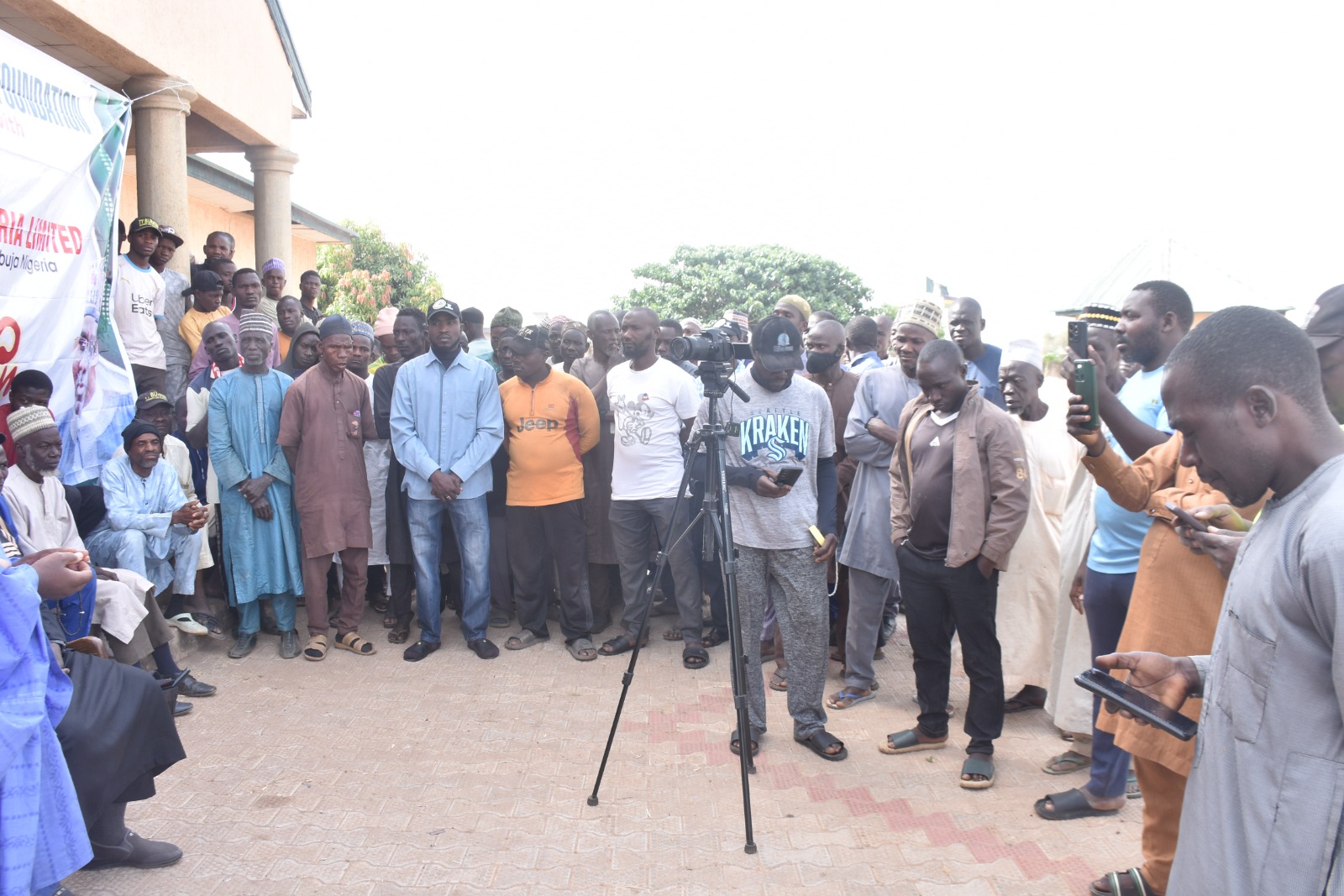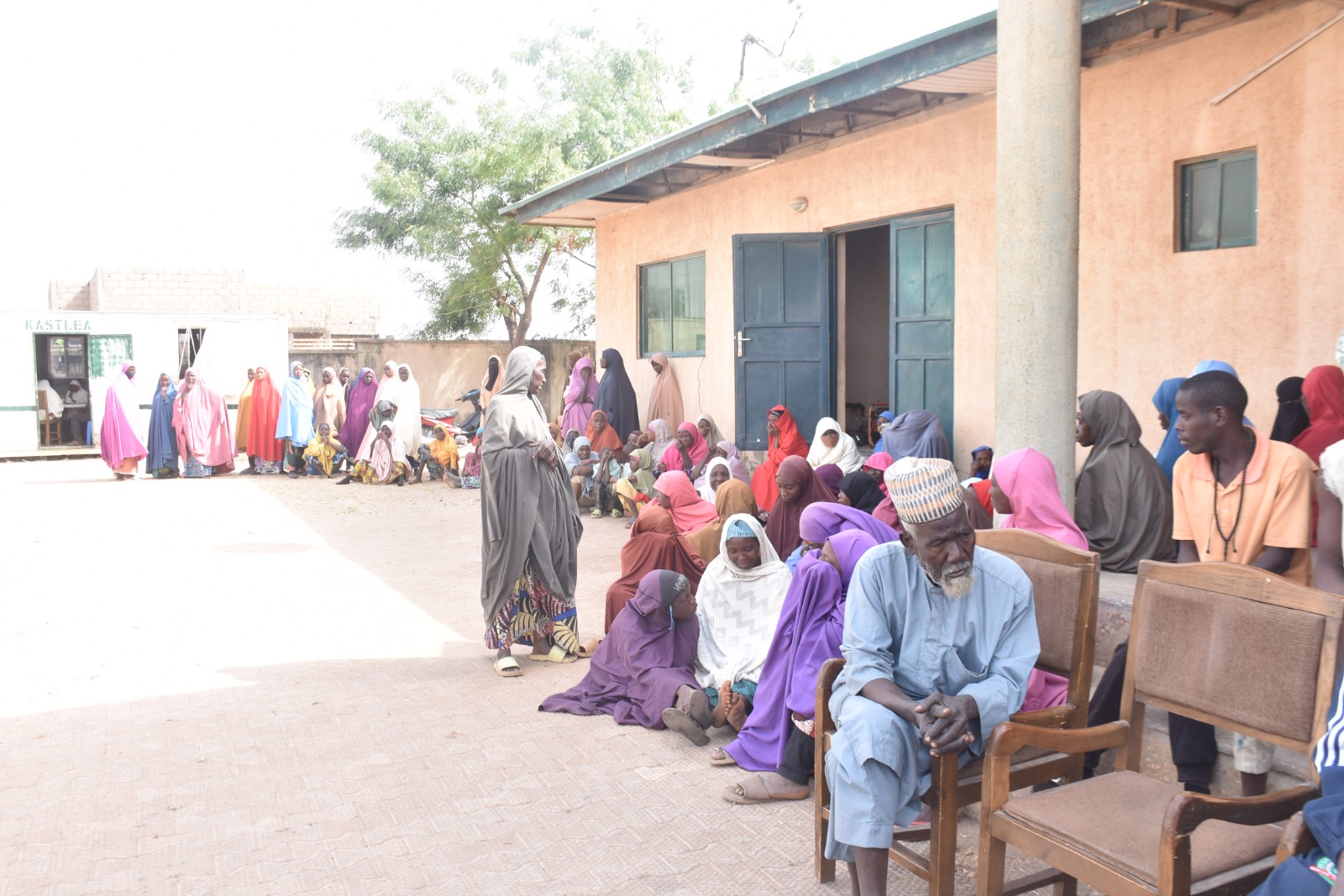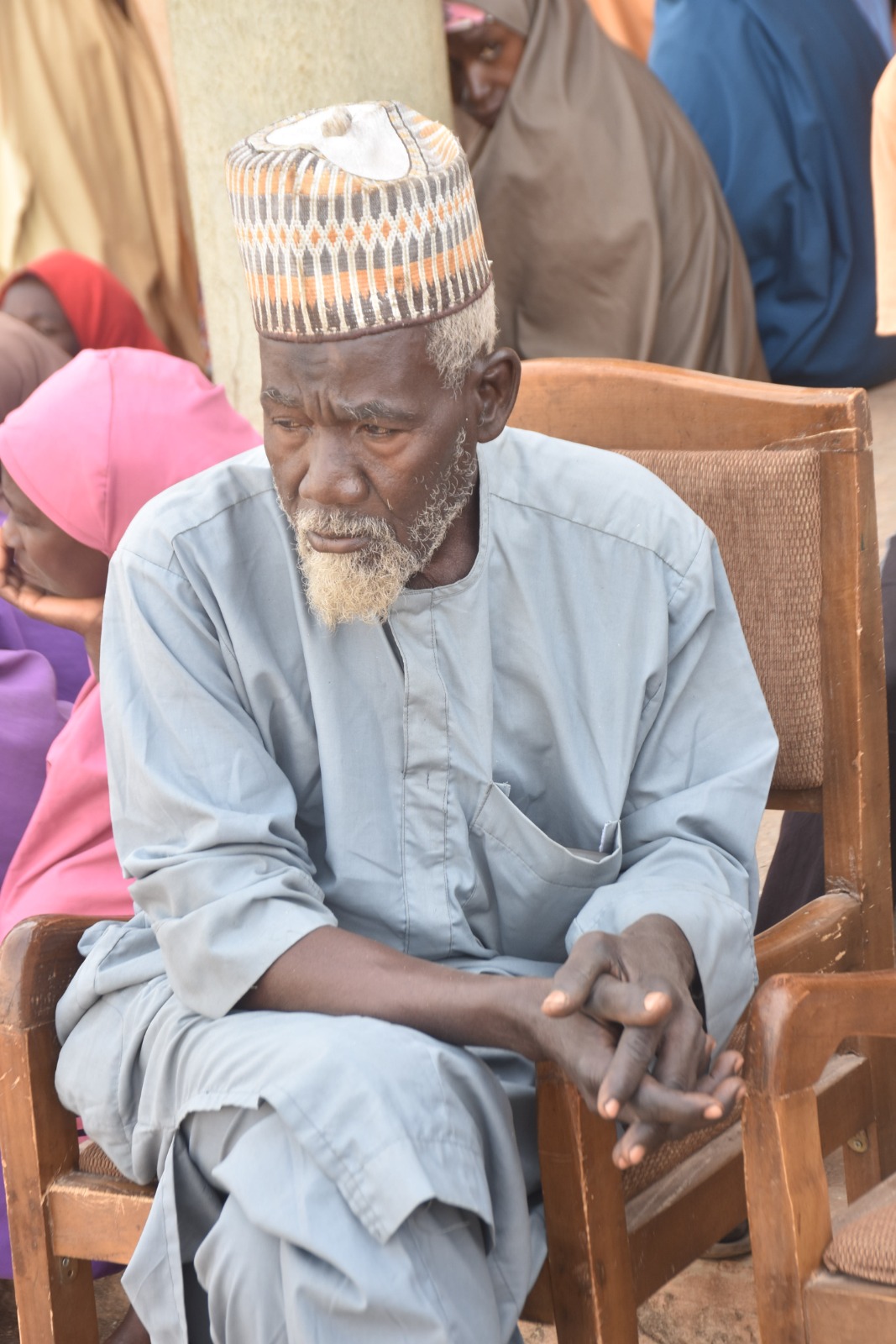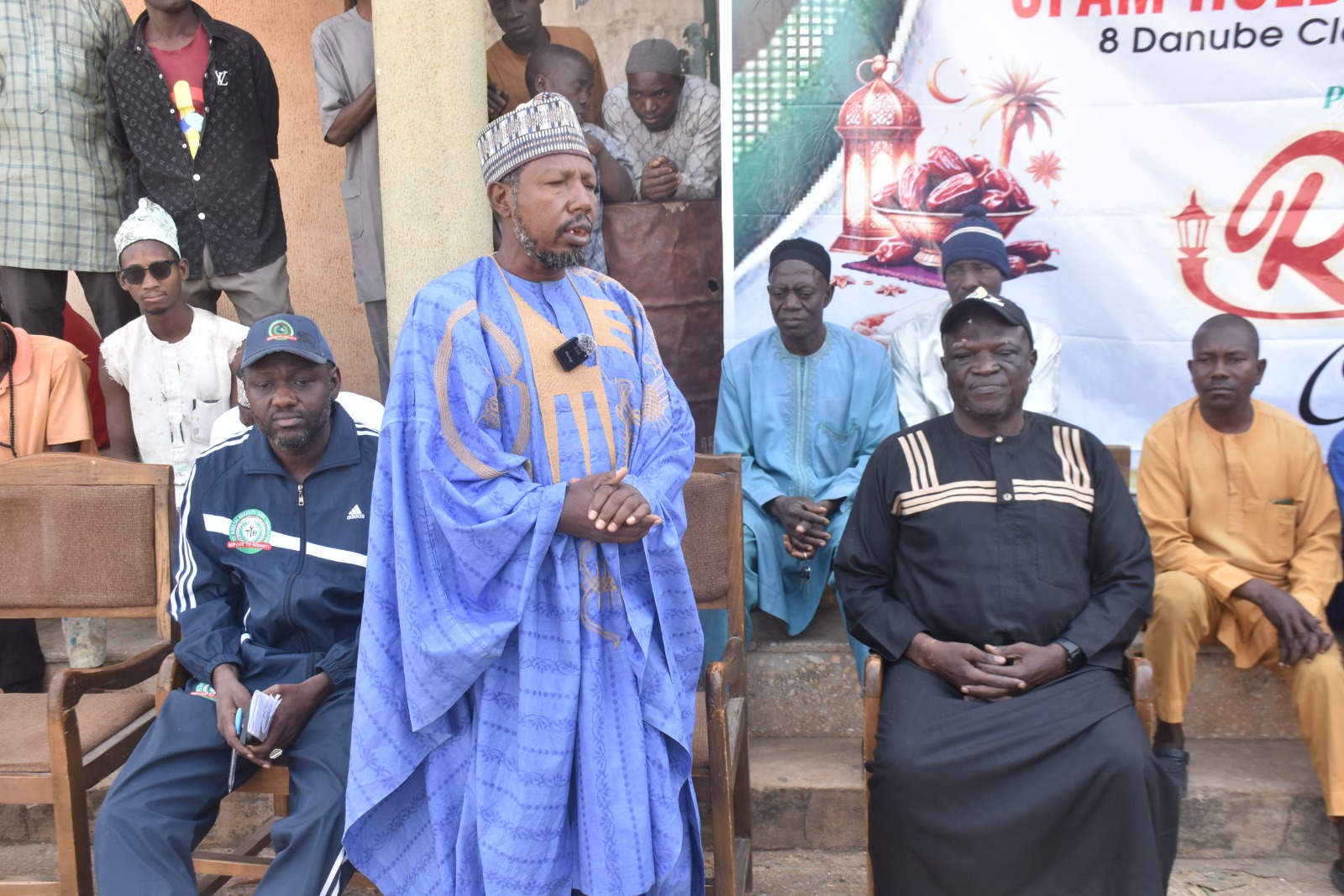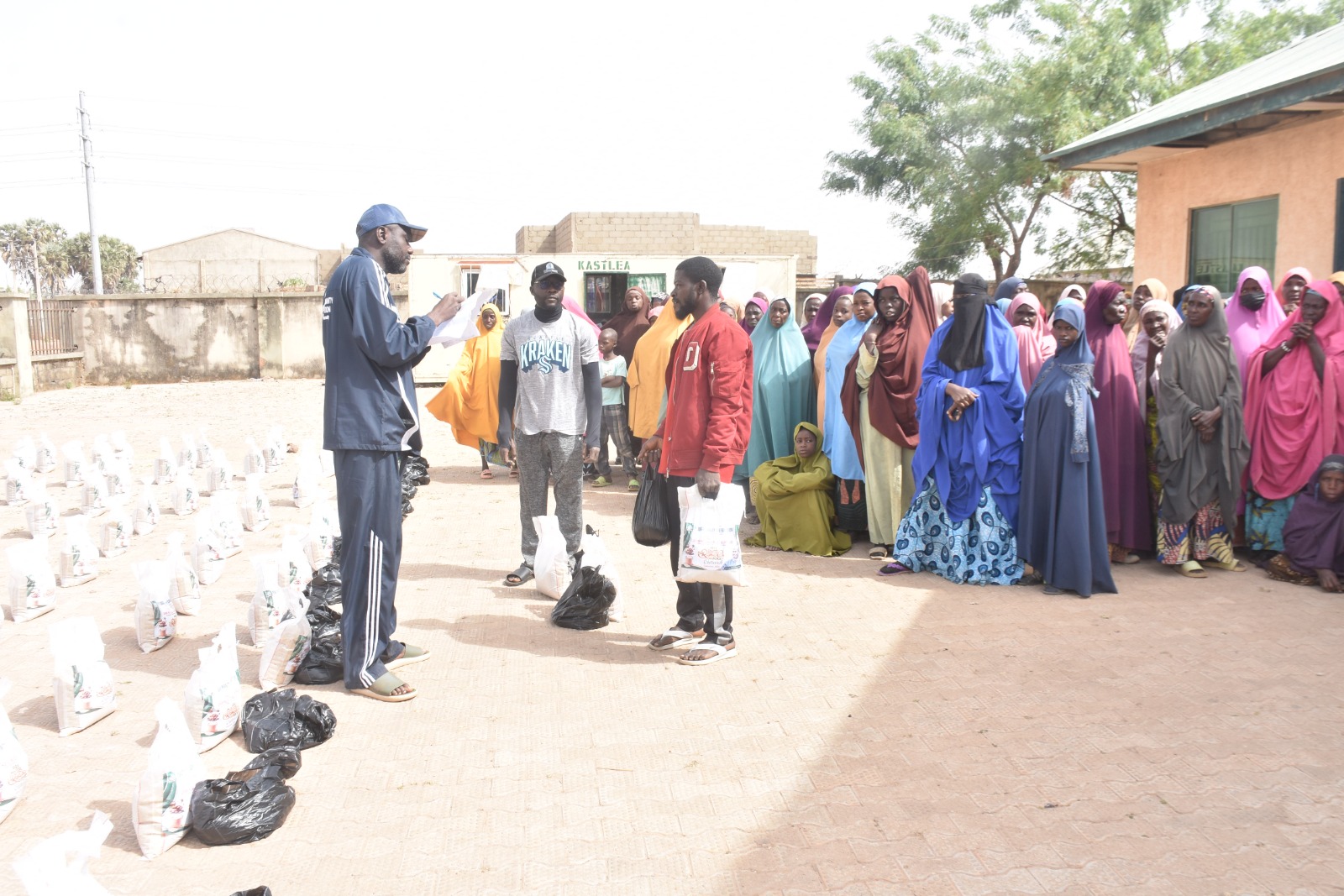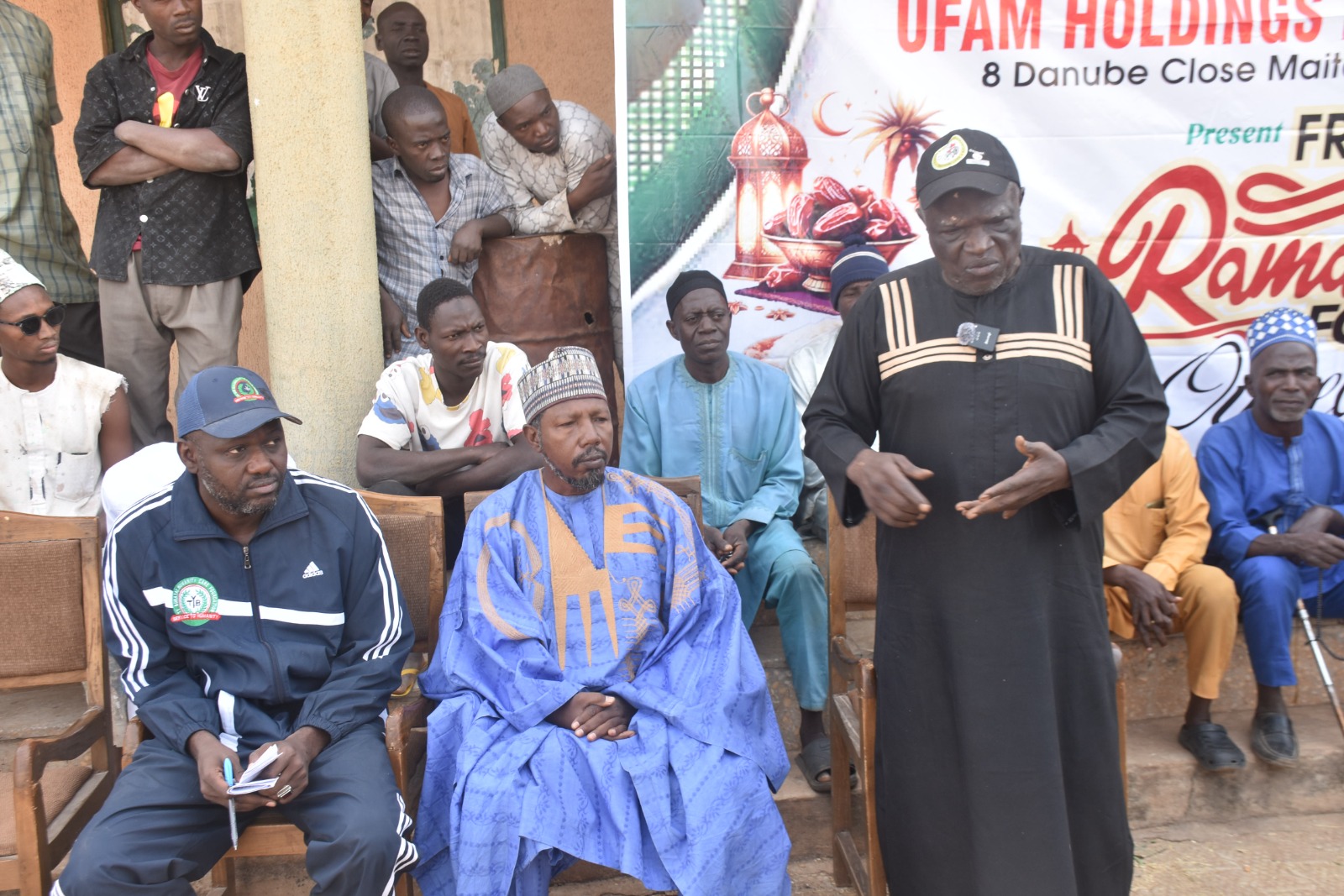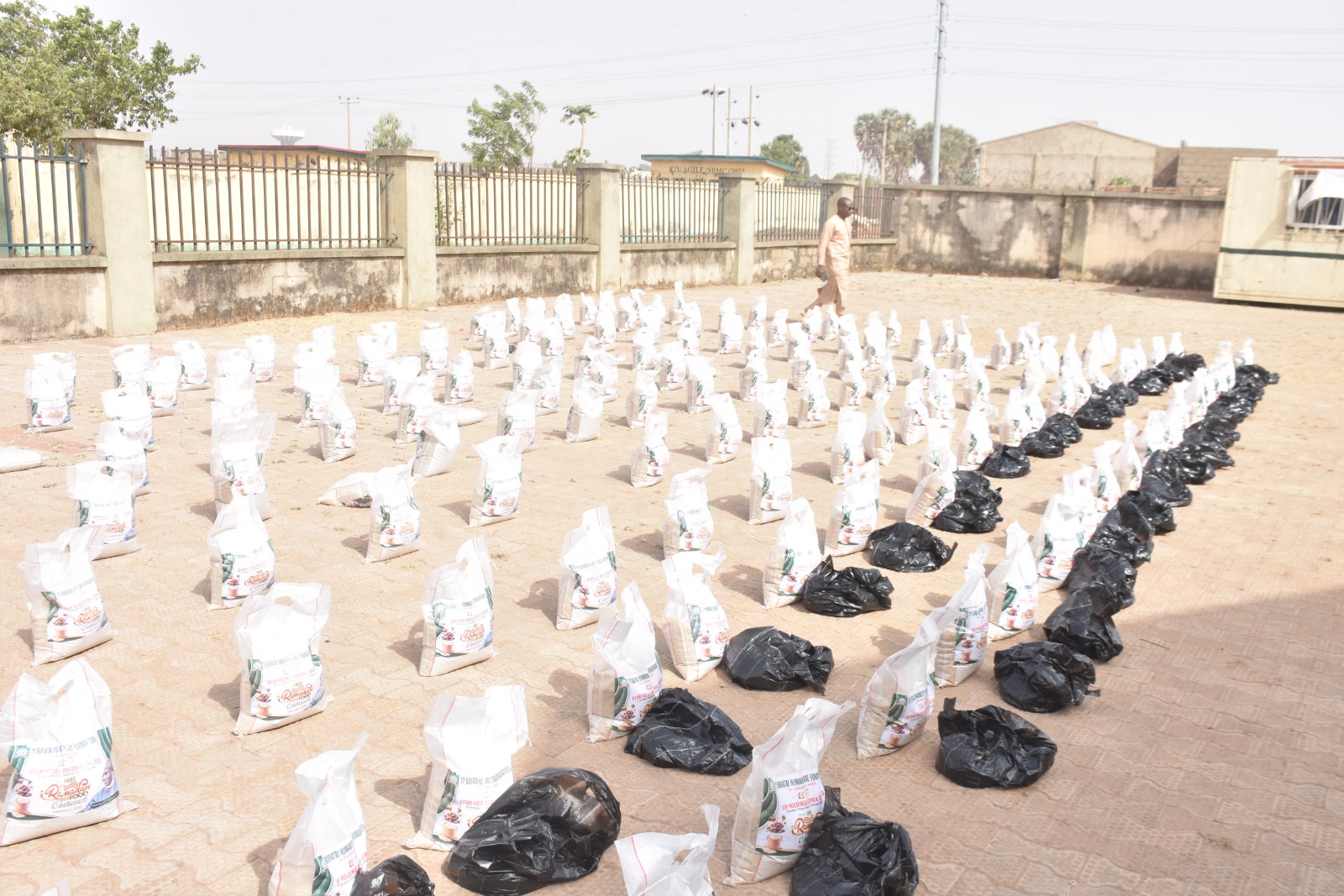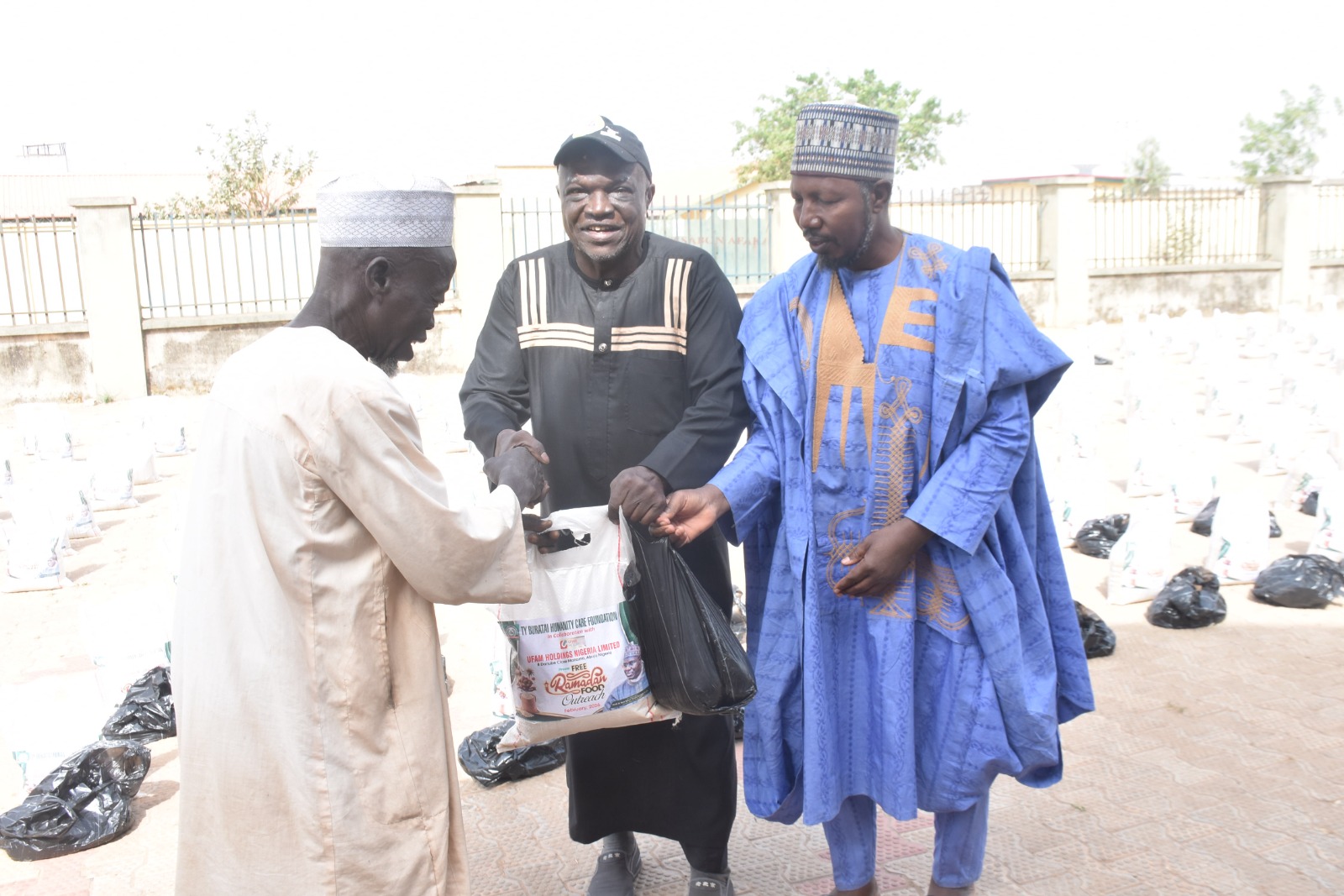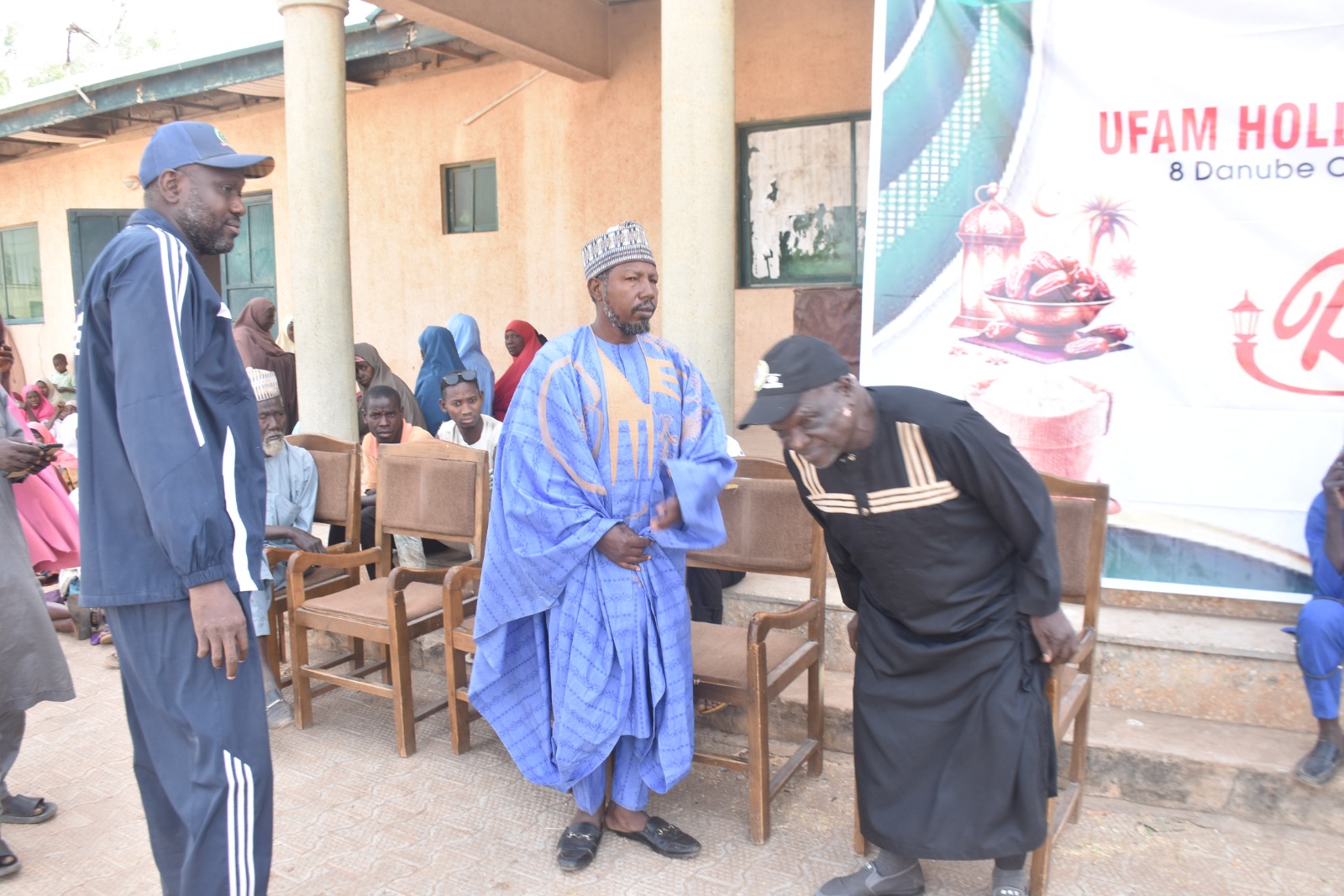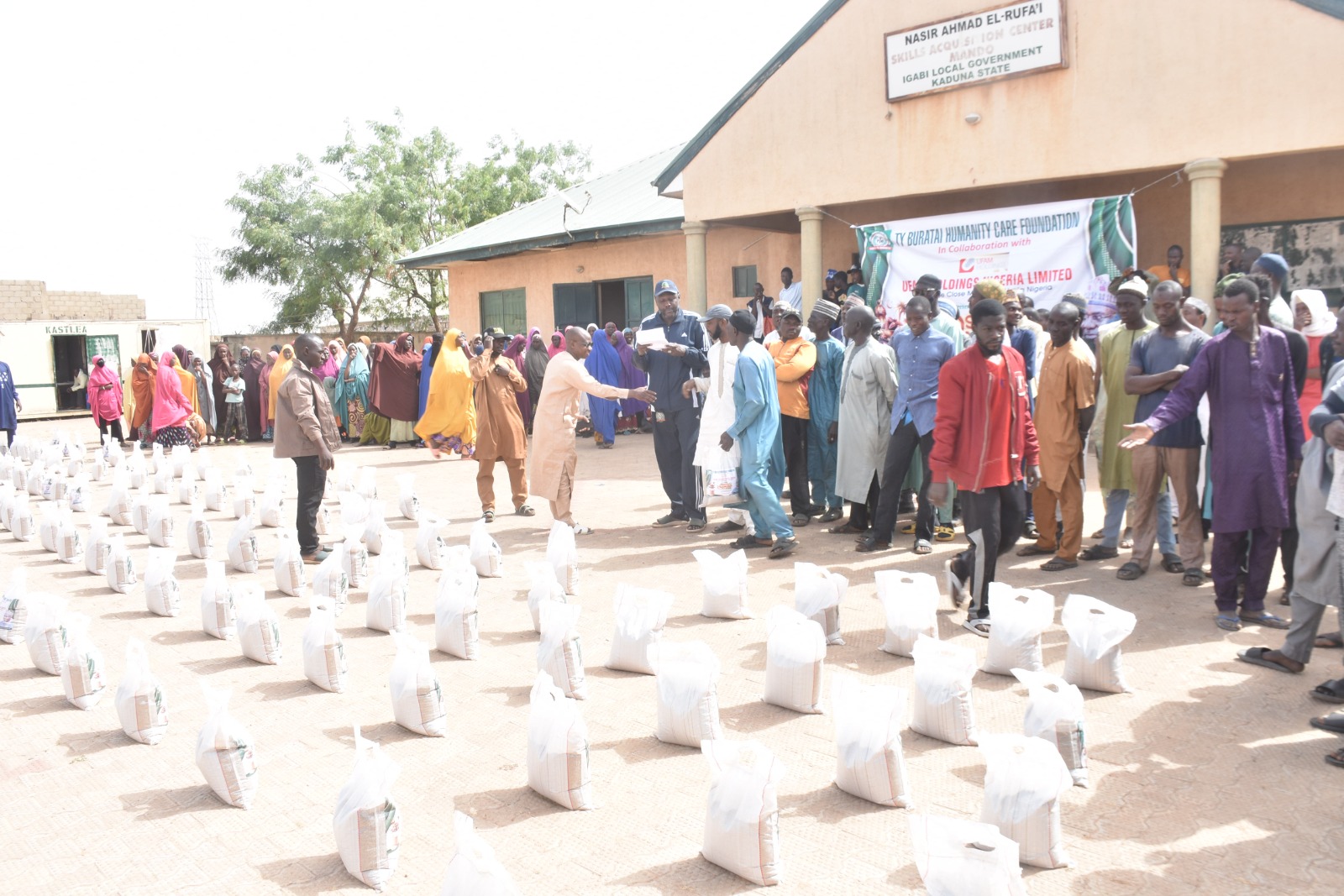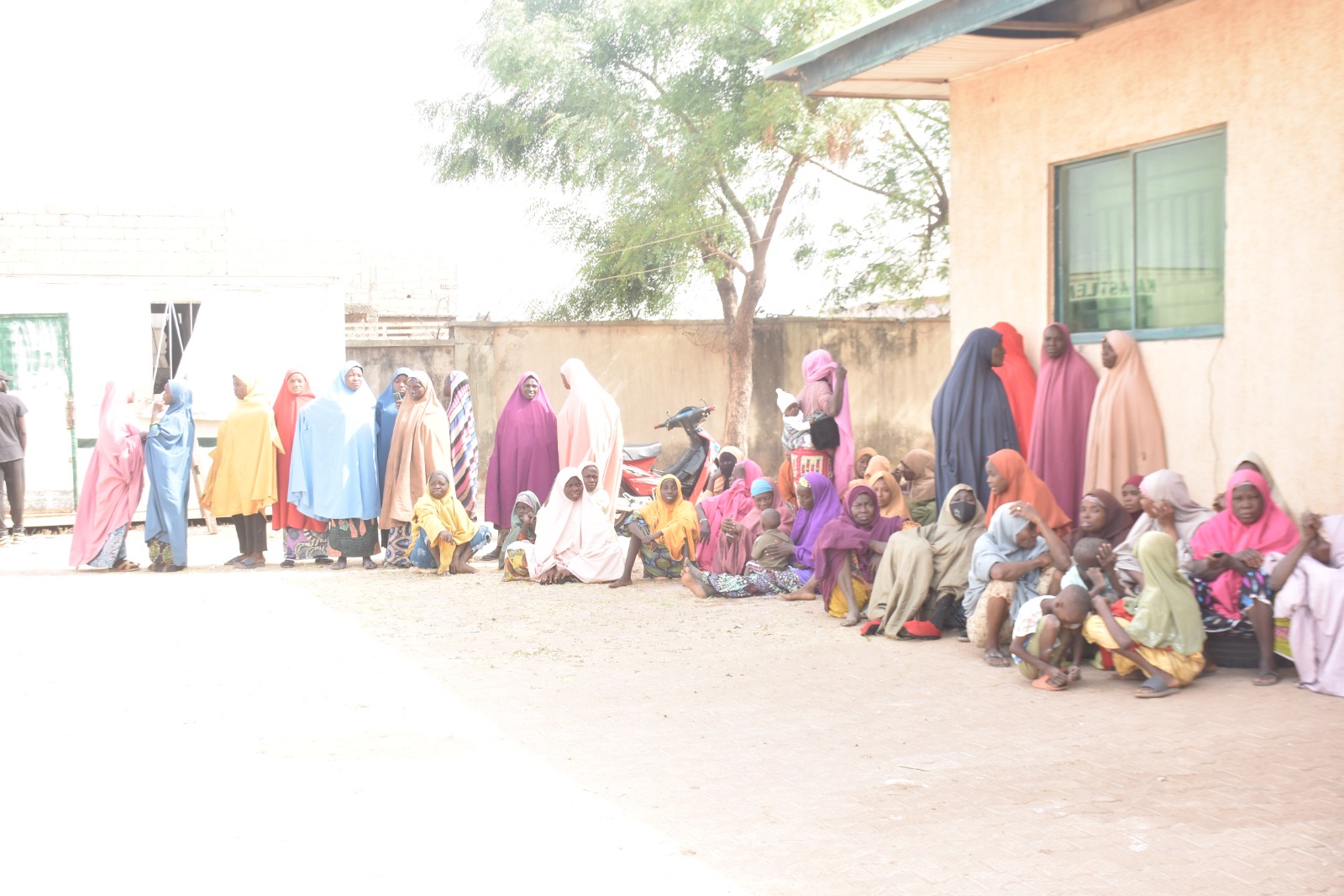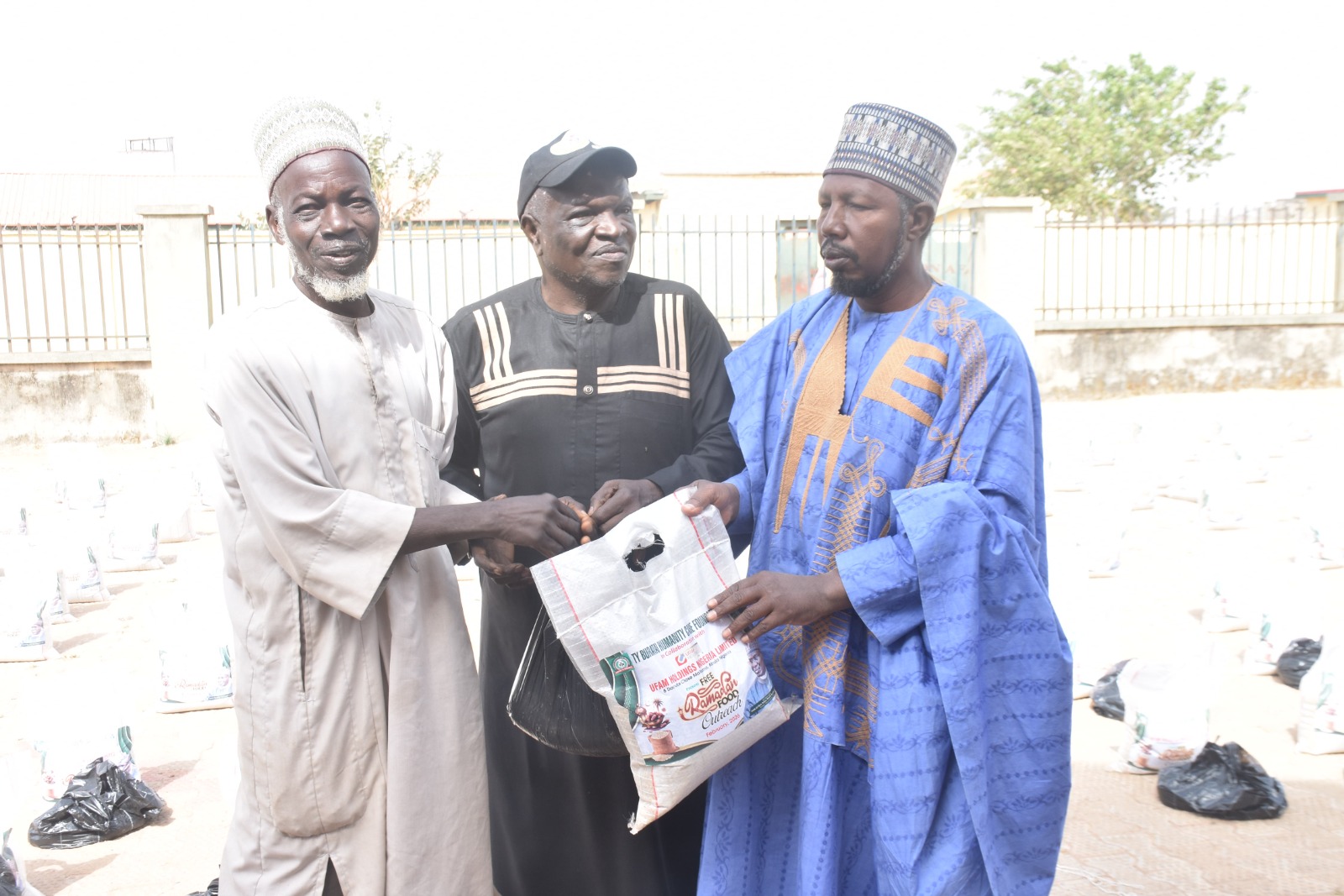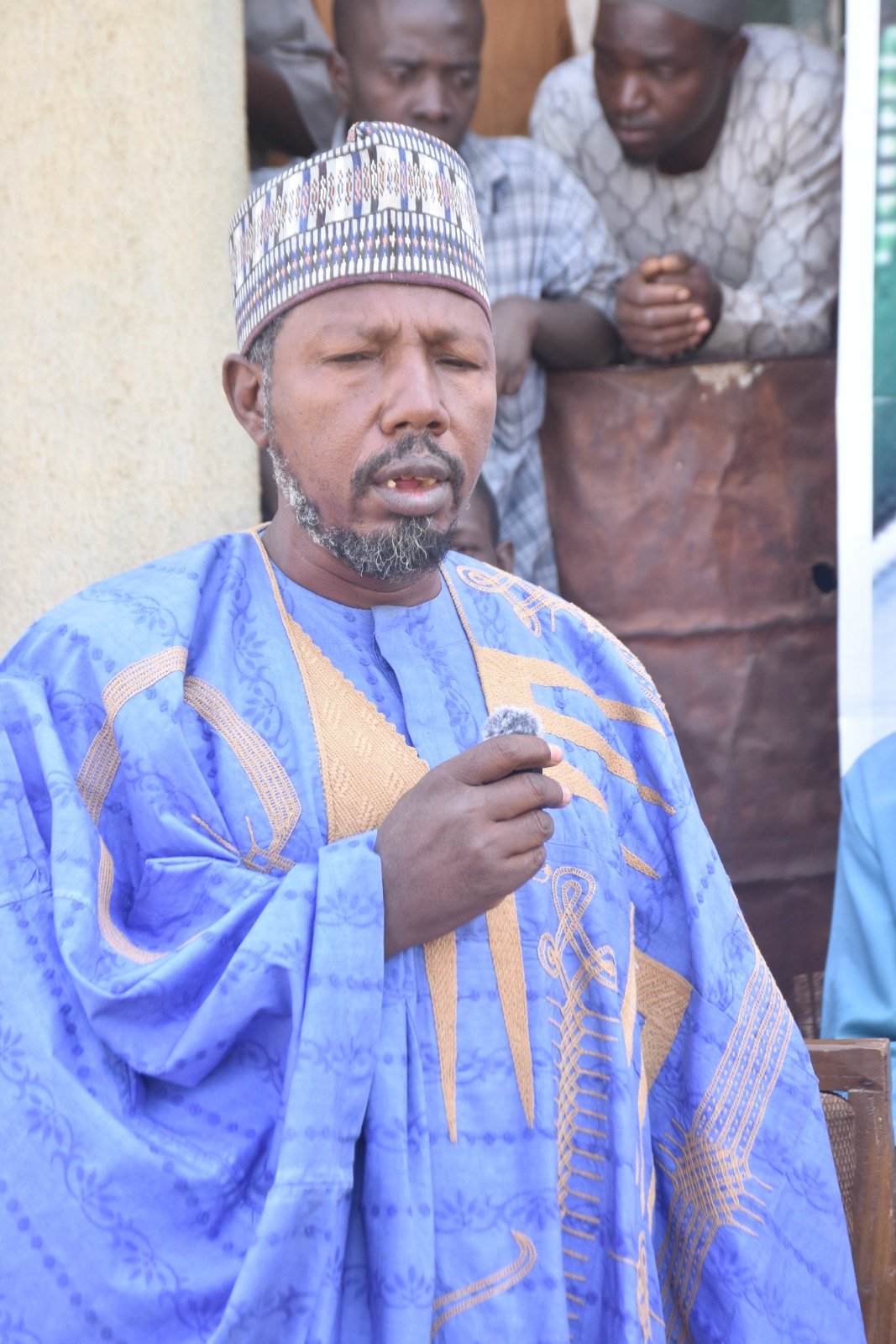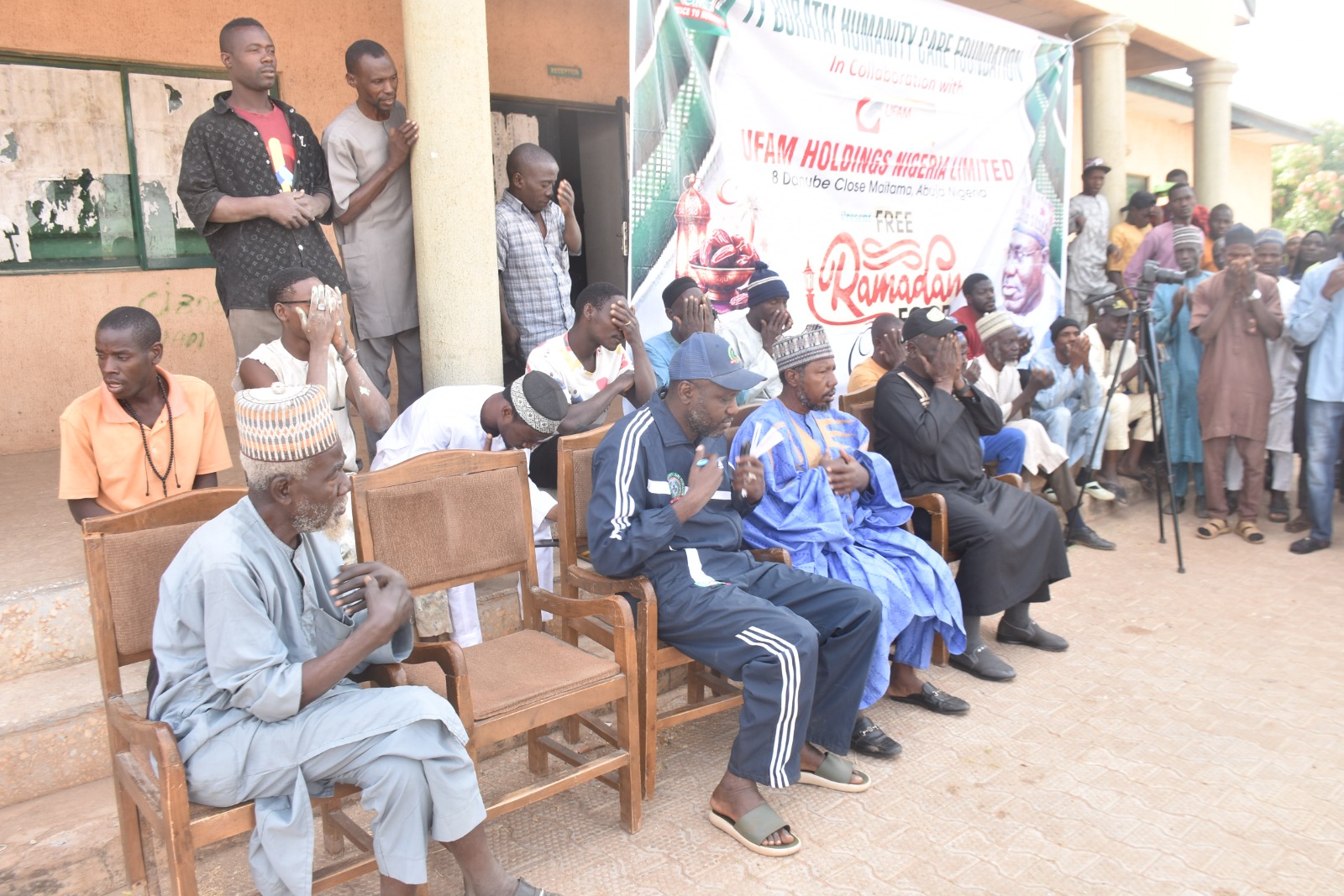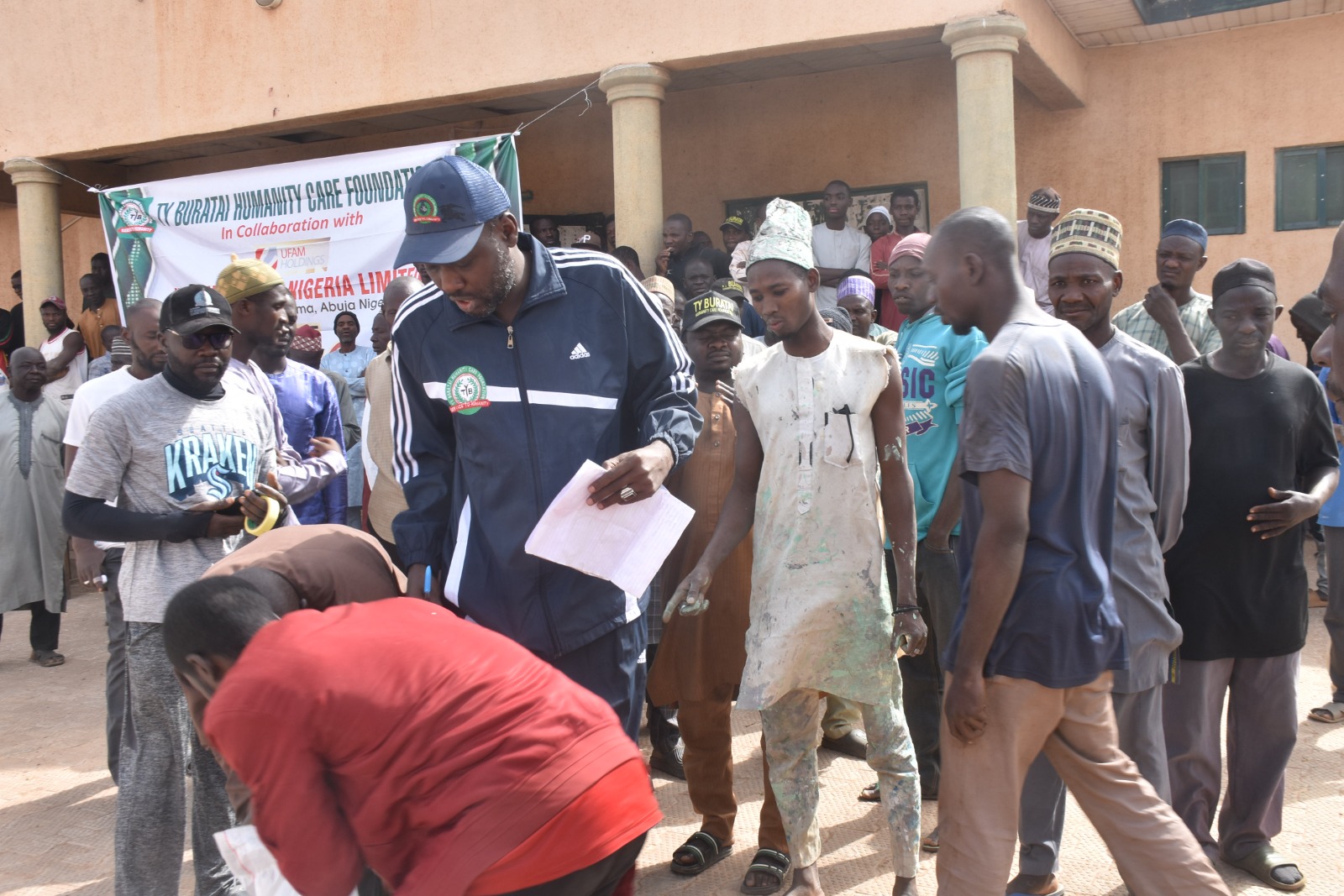society
OGUN TO COMMISSION FOUR NEW FIRE STATIONS IN MAY -ABIODUN
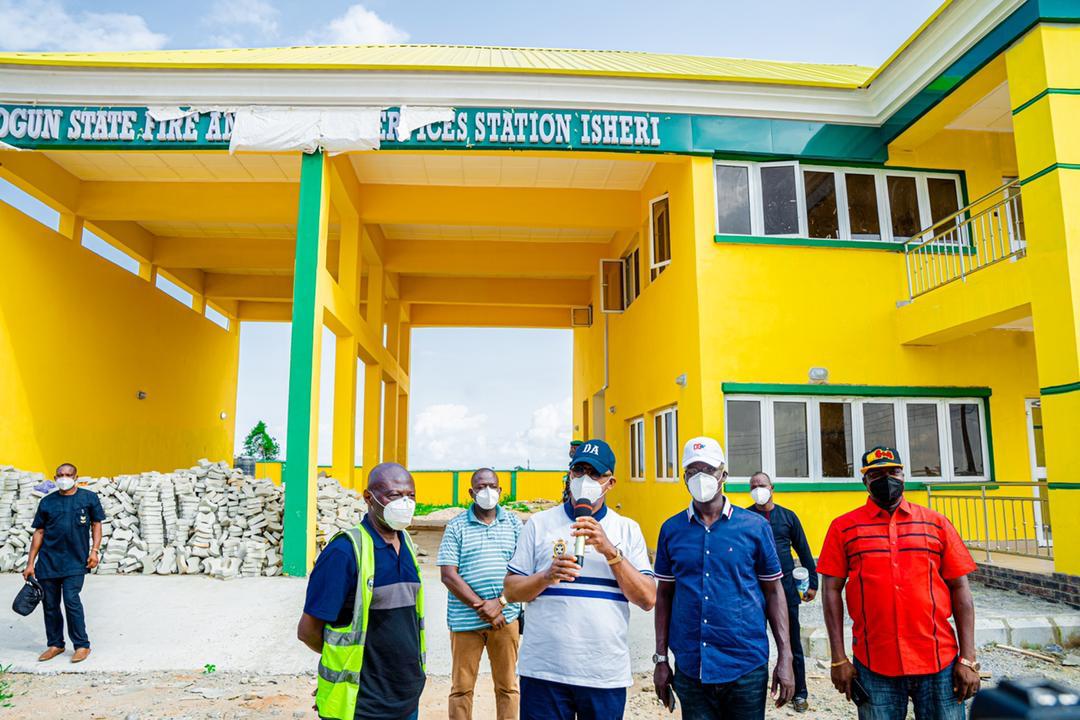
OGUN TO COMMISSION FOUR NEW FIRE STATIONS IN MAY -ABIODUN
Ogun State Governor, Prince Dapo Abiodun has disclosed that his administration would by the middle of May 2021, commission four brand new Fire and Emergency Stations in Ifo, Ado-Odo-Ota, and Isheri parts of the state.
Prince Dapo Abiodun who made this known while on an inspection tour of the Isheri Fire and Emergency Station, said that the fire station which is almost 95 to 96 percent completed is in fulfilment of his promise during the electioneering campaign to ensure that the state does not have to rely on Lagos State to fight fire outbreak on the Ogun part of the Lagos-Ibadan expressway.
“The fire station is about 95 to 96 percent completed, we have acquired the fire trucks and water trucks that will be here. We’ve built four of these stations; one in Ado-Odo Ota Local Government in addition to what they have and another one in Ifo Constituency 1.
“In the entire Ifo, we found out that there was no fire station, so, we built two fire stations in both Ifo I and Ifo II constituencies. Ifo now has two fire stations, and they will be getting two brand new fire trucks.
“We should be coming here in the next three to four weeks to formally commission this fire station, amongst other fire stations that we will be commissioning towards the middle of May, 2021,” he said.
Governor Abiodun who also added that the fire stations when commissioned would be equipped with new fire trucks and water trucks, said part of his administration’s Emergency Response System is the combination of Fire Trucks and Ambulances on the same spot.
While recalling that his administration upon assumption of office took stock of fire stations in the state, he revealed that that they were not habitable and not fit for any human use, as a result of years of neglect.
He however assured that his administration would continue to put the people first.
” When we resumed office, we decided to take stock of our fire stations, but, what we saw was embarrassing, I am not sure that the fire stations have been attended to, probably in the past 12 to 14 years. They were not habitable, they were not fit for any human use, they were not premises that would even motivate anyone to attend to any fire, so, we have embarked on the massive rehabilitation of existing ones. We have rehabilitated the stations, we have acquired new fire trucks.
“All these we will be unveiling, they are part of our emergency response system in Ogun State which is the combination of fire trucks and ambulances,” he said.
society
RAMADAN CHARITY: TY BURATAI HUMANITY CARE FOUNDATION AND UFAM HOLDINGS LTD EXTEND FOOD RELIEF TO MANDO COMMUNITY
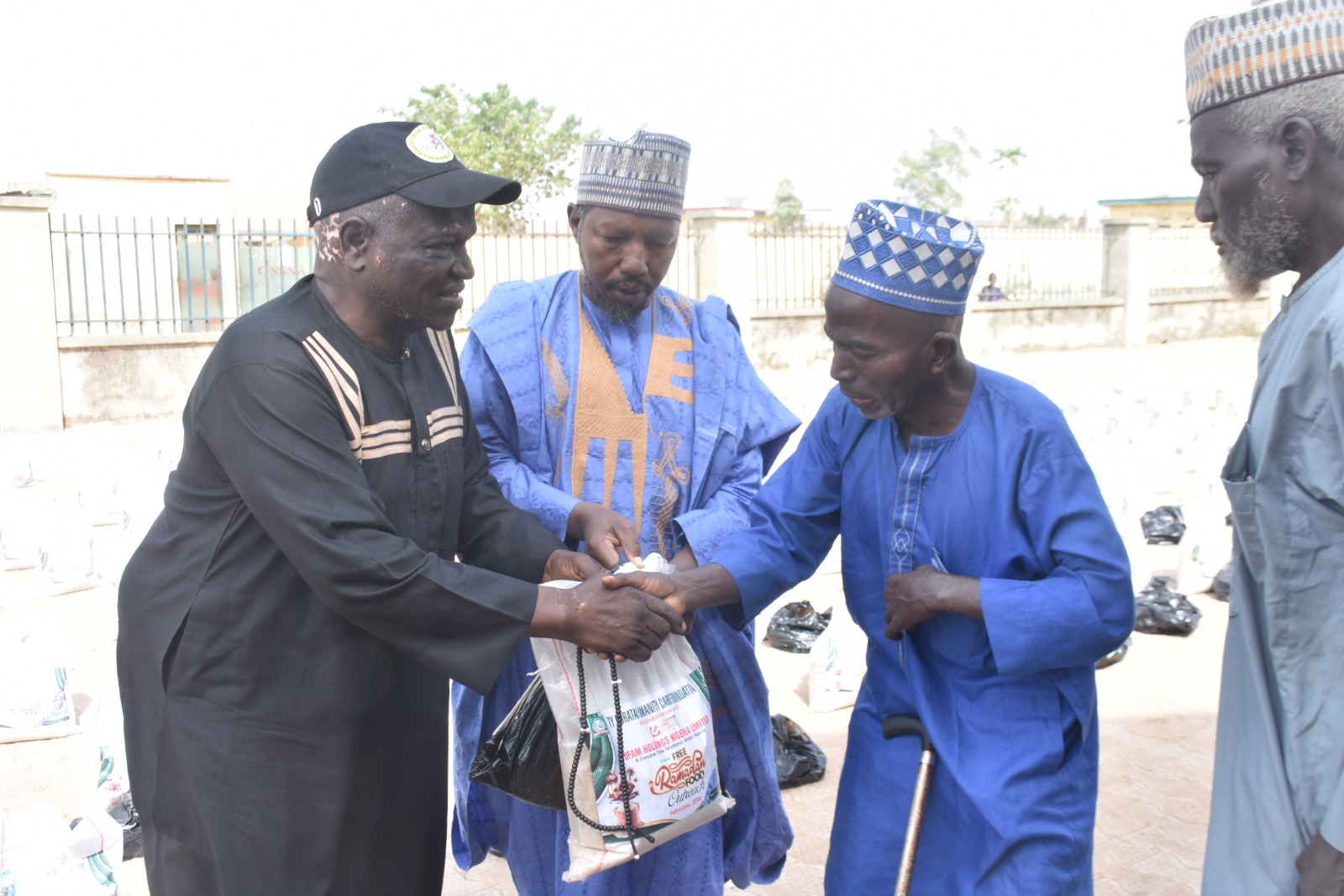
*RAMADAN CHARITY: TY BURATAI HUMANITY CARE FOUNDATION AND UFAM HOLDINGS LTD EXTEND FOOD RELIEF TO MANDO COMMUNITY*
In a remarkable display of compassion and community support, the TY Buratai Humanity Care Foundation, in collaboration with UFAM Holdings Ltd, successfully distributed food relief to over 1,000 less privileged individuals in the Mando community, Afaka, Igabi, Kaduna State, as part of the Ramadan celebrations.
The initiative, aimed at alleviating hunger during this sacred month, saw community members receiving essential food items to ensure they can observe Ramadan with dignity and sustenance. The distribution took place at the Skill Acquisition Centre, where beneficiaries gathered to collect their food packages.
During the event, the Deputy Chief Imam of Mando Central Mosque, Sheikh Bashir Adam Saleh Algoni, expressed his gratitude for the philanthropic effort. “We appreciate this gesture immensely,” he stated. He urged the public to keep the Grand Patron of the Foundation, His Excellency Amb Lt Gen Tukur Yusufu Buratai, in their prayers, acknowledging his ongoing commitment to helping the less privileged. He also highlighted the contributions of UFAM Holdings Ltd, urging support for their charitable endeavors.
Beneficiaries of the food relief expressed their profound gratitude, offering prayers for Allah’s blessings on both the foundation and the company for their generous assistance during this holy month.
In his remarks, the Special Guest of Honour, His Excellency Amb Lt Gen Tukur Yusufu Buratai CFR Rtd, former Chief of Army Staff and Grand Patron of the Foundation, who was represented by Col Haruna Idris Zaria Rtd, thanked the public for their continuous prayers. He emphasized the importance of using the month of Ramadan to pray for the betterment of the country and an end to the insecurity plaguing the nation. He also urged the community to support and pray for security agencies, recognizing their sacrifices in maintaining peace and safety.
This charitable initiative not only highlights the spirit of Ramadan but also reinforces the importance of community solidarity and mutual support during challenging times.
society
Obi’s Reform Agenda Rekindles Scrutiny of Nigeria’s Political Wealth

Obi’s Reform Agenda Rekindles Scrutiny of Nigeria’s Political Wealth
By George Omagbemi Sylvester | Published by SaharaWeeklyNG
“Momodu’s remarks spotlight elite affluence as analysts warn of resistance to cost-cutting reforms.”
Prominent publisher and politician Dele Momodu has reignited debate over the vast wealth attributed to sections of Nigeria’s political class, asserting publicly that certain politicians could raise as much as $500 million at short notice to secure presidential power. Though no names were mentioned, the claim has sharpened national conversations about transparency, accountability, and the true cost of governance.
Nigeria’s persistent struggle with corruption is well documented by bodies such as Transparency International, whose global assessments frequently rank the country low on public sector integrity. The optics of expansive private mansions, luxury assets, and foreign-based lifestyles among political families continue to fuel public suspicion, particularly in a nation grappling with inflation, debt pressures, and widespread poverty.
The controversy unfolds against the backdrop of reform advocacy by Peter Obi, who has consistently argued for cutting governance costs and institutionalizing fiscal discipline. Political economist Professor Pat Utomi maintains that entrenched elites often resist structural reform, describing elite capture as a systemic barrier to democratic accountability. Nobel Laureate Wole Soyinka has similarly warned that democracy without transparency breeds cynicism and instability.
While no specific officeholders have been formally indicted in connection with Momodu’s remarks, the broader issue remains potent: public demand for principled leadership is rising, and scrutiny of political wealth is unlikely to fade as future elections approach.
society
Obi Would Defeat Even Jesus at the Polls”: Viral Remark Sparks Political Debate Online

“Obi Would Defeat Even Jesus at the Polls”: Viral Remark Sparks Political Debate Online
By George Omagbemi Sylvester
A viral statement by a prominent supporter of former Anambra State governor and Labour Party presidential candidate Peter Obi has ignited widespread reactions across Nigeria’s political landscape. The supporter, popularly known as Mama Pee, declared during a live social media broadcast earlier this week that “If Jesus comes down to contest in Nigeria, Obi go win am,” a remark intended to emphasize Obi’s perceived popularity among his core supporters.
The comment, which surfaced on X and Facebook, quickly generated sharp responses from supporters of President Bola Ahmed Tinubu of the All Progressives Congress (APC) and former Vice President Atiku Abubakar of the Peoples Democratic Party (PDP). While many Labour Party loyalists defended the statement as political exaggeration, critics described it as reflective of growing personality-driven politics.
Obi, who contested the 2023 presidential election under the Labour Party and placed third according to official results released by the Independent National Electoral Commission, has not issued any public response to the remark.
The episode underscores the continued intensity of political engagement following the 2023 general elections, with online discourse increasingly shaping narratives around Nigeria’s evolving democratic space.
-

 celebrity radar - gossips6 months ago
celebrity radar - gossips6 months agoWhy Babangida’s Hilltop Home Became Nigeria’s Political “Mecca”
-

 society5 months ago
society5 months agoReligion: Africa’s Oldest Weapon of Enslavement and the Forgotten Truth
-

 society6 months ago
society6 months agoPower is a Loan, Not a Possession: The Sacred Duty of Planting People
-

 news7 months ago
news7 months agoTHE APPOINTMENT OF WASIU AYINDE BY THE FEDERAL GOVERNMENT AS AN AMBASSADOR SOUNDS EMBARRASSING








